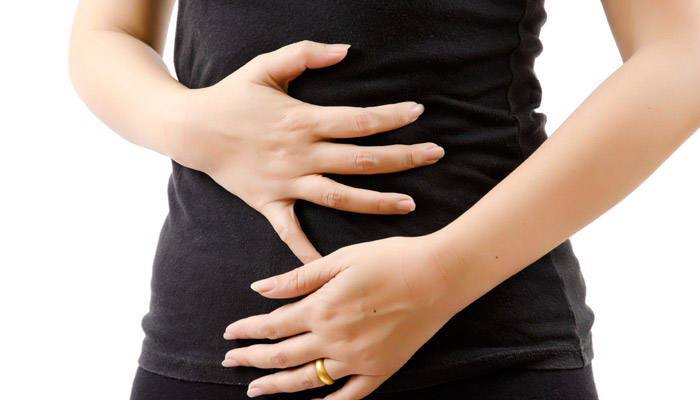
What Causes Pelvic Pain in Women?
Pelvic pain in women is a common, albeit uncomfortable, problem for many women. Depending on their age and medical history, this pain can be caused by many different things, not just the reproductive system. Sometimes, changes to your menstruation cycle can cause unusual pain, as can hormonal fluctuations. Regardless, if you are having pain that is causing daily discomfort and is unusual for you, it’s best to talk with you gynecologist.
The pelvic area of your body is the lowest part of your abdomen (under your belly button). Pain in this region is most common in women and could be caused by a number of problems. A few issues that may cause pelvic pain are:
- Bowel Problems – gas, constipation, IBS
- Kidney stones or a kidney infection
- Hernia
- Appendicitis
- Bladder disorders – Interstitial cystitis
- Sexually transmitted diseases
- Fibroids
- Ectopic Pregnancy
- Uterine cancer
- Cervical cancer
- Miscarriage
- Endometriosis
- Ovarian cysts
- Pelvic inflammatory disease
Of course, this list isn’t exhaustive. If you are suffering from pelvic pain or painful intercourse, speak with a physician who knows your medical history. Depending on your age, pelvic pain may arise from the onset of menopause. Sometimes the pelvic pain associated with menstruation can mask symptoms of other issues. Don’t ignore this discomfort or chalk it up to your monthly cycle.
Some women suffer from chronic pelvic pain which is pain that lasts for 6 months or longer. Chronic pelvic pain could be an indication of some other disease or disorder. If you suffer from chronic pelvic pain, you should contact you doctor to discuss this with them and see if you should schedule an appointment or if there is something you should do to alleviate the pain.
Most of the time, pelvic discomfort and pain is normal; a woman’s anatomy is very complex, and small disruptions can express themselves through pain. For instance, another common cause of pelvic pain occurs during ovulation. This occurs when the ovary produces an egg. If a woman experiences this type of pain, it generally doesn’t last long – at most a few hours. It can also switch sides depending on which ovary produces the egg. However, some women find it to be very painful.
Women are notorious for putting their own health last on the list of things to take care of, but that can be a dangerous habit. Dealing with pain on any scale can be difficult, but it should never be ignored. You must always take care of yourself and address any concerns you have with your doctor. The team at Women’s Medical Associates of Nashville wants to help you with any problems or questions you have. Call us to schedule an appointment (615) 329-6745.
